Consumer trends & opportunities
By Silvi Siddhu, Global Scientific and Technical Manager, Nutraceuticals,
Digestive health is no longer a trend, it’s a mainstream public health matter worldwide. According to the recent Fortune Business Insight’s Market research report, the global digestive health market size was 37.93 USD billion dollars in 2019 and is expected to grow at a CAGR of 7.9% and reach 71.95 USD billion by 2027. Digestive health issues are prevalent across the globe and are caused by a variety of factors: change in diet, lifestyle choices, ageing, and more. Dietary fiber is probably one of the most common ingredients capitalized worldwide for digestive health issues. The global dietary fiber market is predicted to be 9.74 USD billion dollars by 2025, which is almost double in value compared to 2018, when it was worth 5 USD billion dollars1. As consumer perception of digestive health and its implications on overall health are evolving, they are gradually opening to the possibility of ingredients beyond traditional fiber for gut health. The global pandemic has changed consumer preferences in new ways. There has been a paradigm shift in thinking and consumers today are more inclined to make functional food and supplement purchases based on proven science.
The gut microbiome
This gut microbiota is made up of diverse microbial communities that produce metabolites such as short chain fatty acids (SCFA), neurotransmitters (like serotonin, GABA), vitamins and hormones. These metabolites are associated with most aspects of health and wellbeing. The Enteric Nervous System (ENS), responsible for digestion among other functions, lies within the gut and that is the reason why the human gut is often referred to as ‘the second brain.’ The gut is also the major entrance for harmful pathogens and one of its roles is to educate the immune system to identify between the good and the harmful microbes. Almost 80% of our immune cells live in the gastrointestinal tract.
Several research studies have linked the gut microbiome and its metabolites to both physical and emotional wellbeing, via multi-organ bidirectional communication. The most frequently researched are the gut-brain axis, gut-immunity axis, gut-skin axis, gut-heart axis, and gut-airway axis. Gut-brain axis is believed to affect sleep, stress, anxiety, and depression. The complex interactions between the gut microbiome and other biological functions present a huge opportunity in supporting holistic health.
Customized nutrition for future health and wellbeing
Personalization is a key trend driving all areas of health and wellness. Personalization and digitization in the field of digestive health are rapidly gaining traction. Several smart phone apps have been designed to track regularity, IBS symptoms, stress, and a plethora of other issues to manage overall health. Gut microbiome testing kits are commercially available for microbiota analysis to provide customized dietary recommendations for overall health. In addition, ingestible sensors in capsule form have been developed to diagnose gut related disorders by measuring gases in the gut. Based on their popularity, it follows that consumers are open to the concept of personalized nutrition that is based on genetic testing.
The composition and diversity of microbiota varies between individuals and is dramatically influenced by diet, lifestyle, and drugs (e.g., antibiotics). Brands could potentially capitalize on this and create products that are diet and lifestyle specific. Utilizing microbiome as a biomarker for disease prevention and health promotion has immense potential. The possibilities of modulating the gut microbiome for better health will be a game changer in the field microbiome therapeutics. Could the ‘biotics’ be an alternative to antibiotics? Only time will tell.

